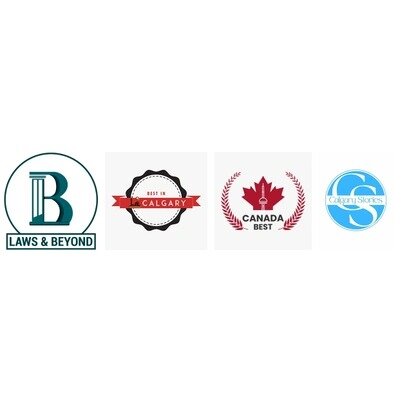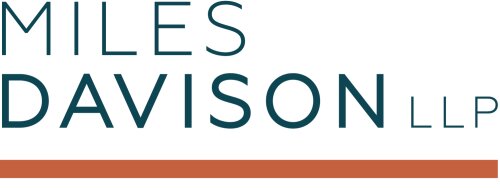Best Labor Law Lawyers in Calgary
Share your needs with us, get contacted by law firms.
Free. Takes 2 min.
List of the best lawyers in Calgary, Canada
About Labor Law in Calgary, Canada
Labor Law in Calgary, Canada governs the rights and responsibilities of employers and employees in the workplace. It encompasses various aspects such as wages, working hours, overtime, benefits, employment contracts, termination, and workplace safety. The aim is to promote fair treatment, equal opportunities, and proper working conditions for all individuals in the labor force.
Why You May Need a Lawyer
There are several situations where seeking legal advice from a Labor Law lawyer in Calgary, Canada may be necessary:
- Unfair dismissal or wrongful termination
- Breach of employment contracts or agreements
- Discrimination or harassment in the workplace
- Wage disputes or unpaid wages
- Issues related to workplace safety or occupational health
Local Laws Overview
Calgary, Canada has specific laws and regulations that are particularly relevant to Labor Law. Here are some key aspects:
- Employment Standards Code: This code sets out the minimum standards for employment, including hours of work, overtime, vacation, and termination notice.
- Human Rights Legislation: These laws protect against discrimination based on race, gender, age, disability, religion, and other protected characteristics.
- Occupational Health and Safety Act: This act ensures employers provide a safe and healthy working environment for employees.
- Collective Agreements: In unionized workplaces, collective agreements negotiated between employers and unions outline the terms and conditions of employment.
Frequently Asked Questions
1. Can my employer terminate my employment without cause?
In Calgary, Canada, employers can terminate employment without cause. However, they must provide reasonable notice or pay in lieu of notice, unless there is a valid employment contract specifying another termination arrangement.
2. What are the maximum working hours allowed per week?
Under the Employment Standards Code, the maximum regular working hours per week in Calgary, Canada are 44 hours. Any hours worked beyond this may be considered overtime, which should be compensated at a higher rate.
3. How can I report workplace discrimination?
If you experience workplace discrimination, you can file a complaint with the Alberta Human Rights Commission. They will investigate the matter and take appropriate action if a violation is found.
4. My employer hasn't paid me my wages. What can I do?
If your employer has failed to pay your wages, you can contact the Employment Standards Division of the Government of Alberta. They can assist in recovering unpaid wages through various enforcement measures.
5. What should I do if I am injured at work?
If you sustain an injury at work, it is important to report it to your employer as soon as possible. You may be entitled to workers' compensation benefits through the Alberta workers' compensation system. Seeking legal advice can help ensure your rights are protected.
Additional Resources
- Alberta Employment Standards: https://www.alberta.ca/employment-standards.aspx
- Alberta Human Rights Commission: https://www.albertahumanrights.ab.ca/
- Workers' Compensation Board - Alberta: https://www.wcb.ab.ca/
Next Steps
If you require legal assistance in Labor Law matters in Calgary, Canada, it is advisable to consult with a qualified Labor Law lawyer. They can provide personalized guidance based on your specific situation and help protect your rights and interests in accordance with the local laws and regulations.
Lawzana helps you find the best lawyers and law firms in Calgary through a curated and pre-screened list of qualified legal professionals. Our platform offers rankings and detailed profiles of attorneys and law firms, allowing you to compare based on practice areas, including Labor Law, experience, and client feedback.
Each profile includes a description of the firm's areas of practice, client reviews, team members and partners, year of establishment, spoken languages, office locations, contact information, social media presence, and any published articles or resources. Most firms on our platform speak English and are experienced in both local and international legal matters.
Get a quote from top-rated law firms in Calgary, Canada — quickly, securely, and without unnecessary hassle.
Disclaimer:
The information provided on this page is for general informational purposes only and does not constitute legal advice. While we strive to ensure the accuracy and relevance of the content, legal information may change over time, and interpretations of the law can vary. You should always consult with a qualified legal professional for advice specific to your situation.
We disclaim all liability for actions taken or not taken based on the content of this page. If you believe any information is incorrect or outdated, please contact us, and we will review and update it where appropriate.
















